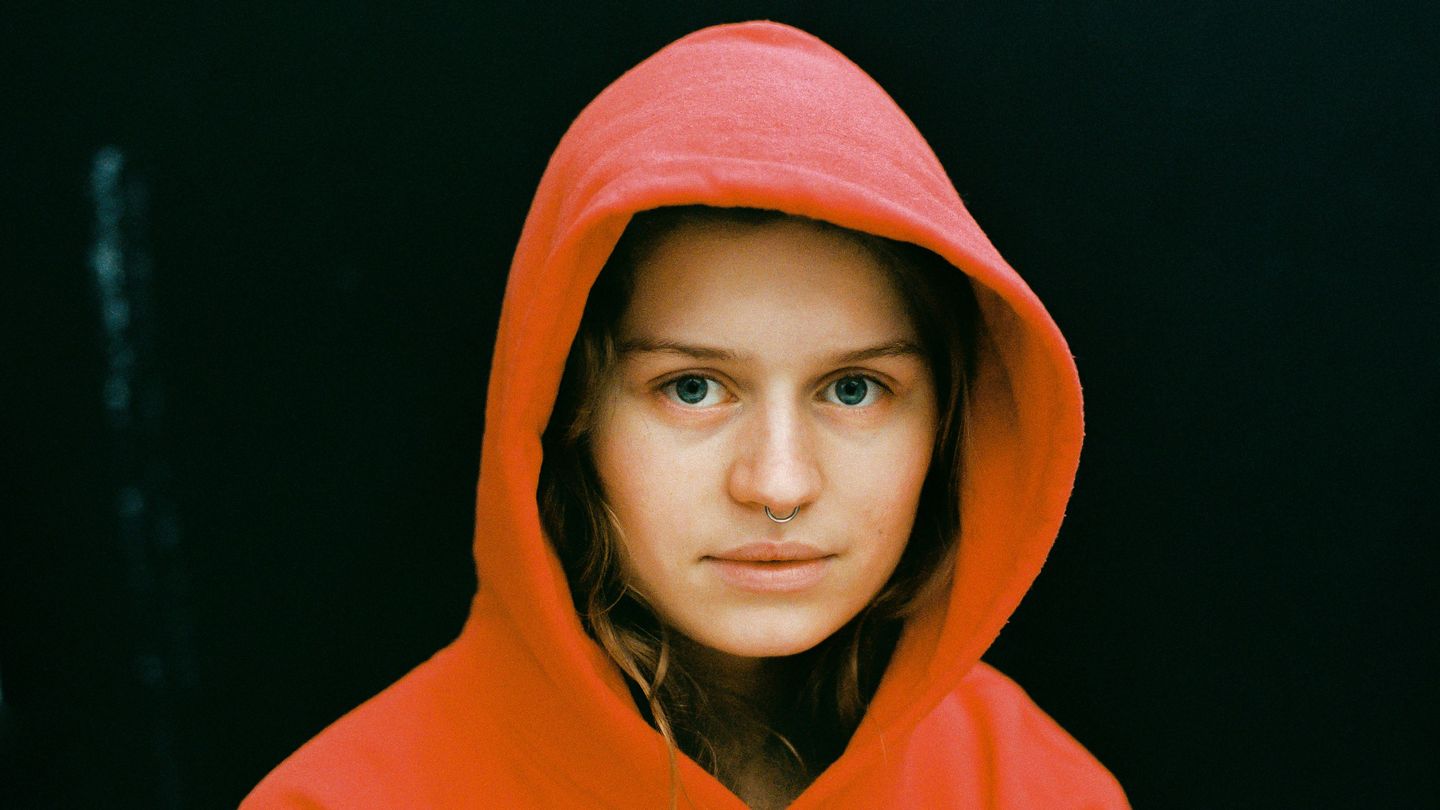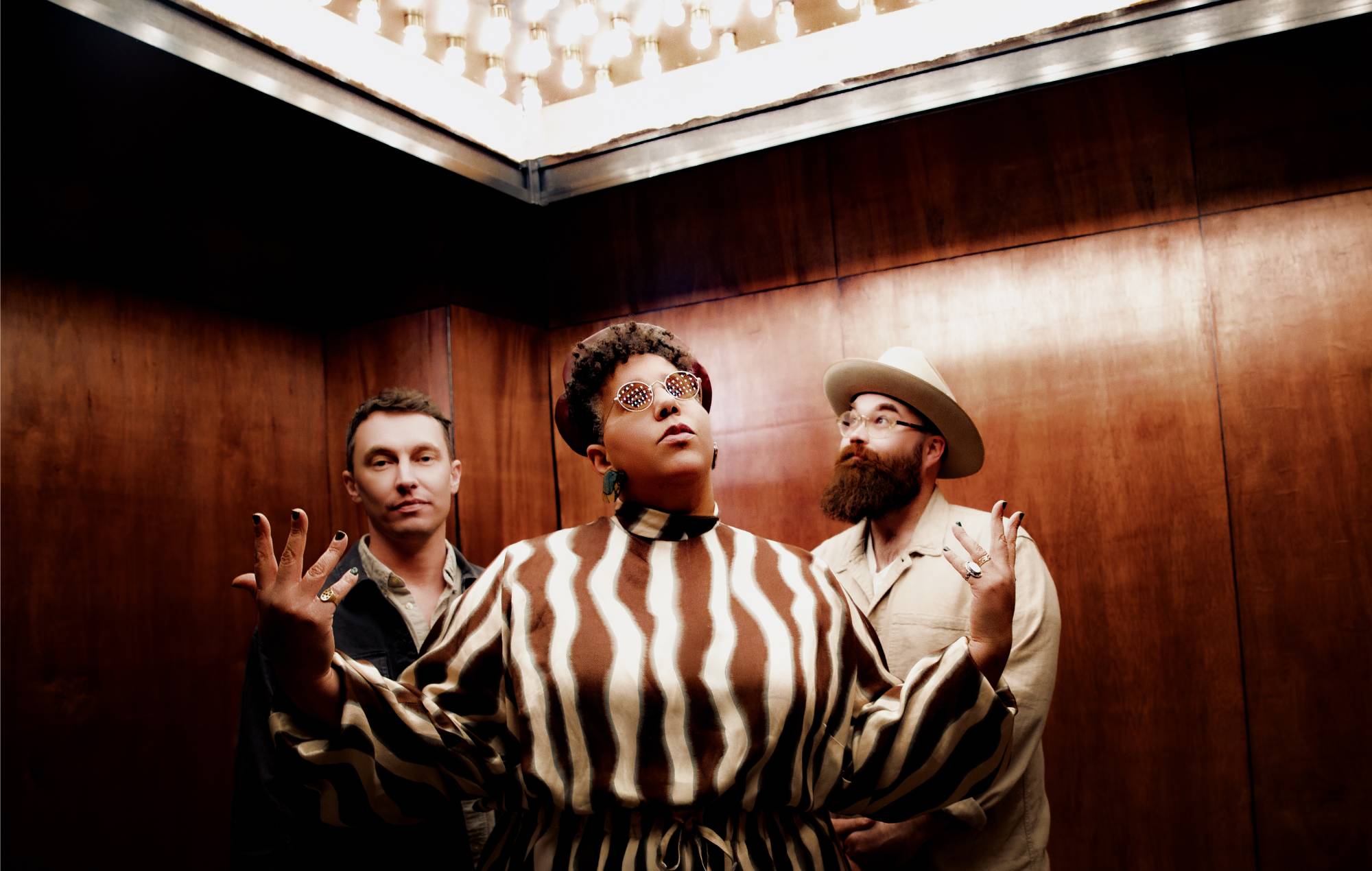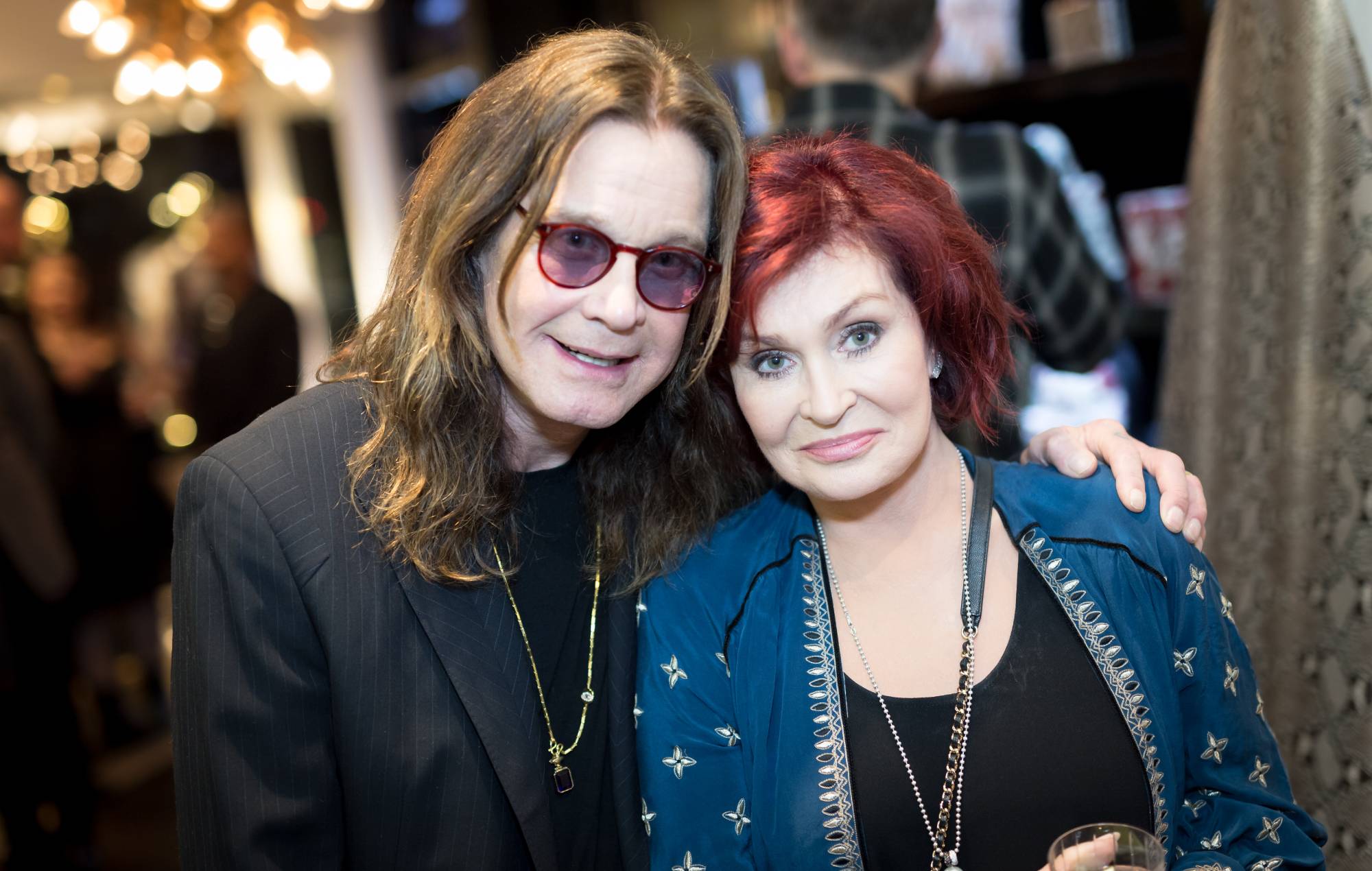Girl in Red has seen your sapphic TikToks using her name to pick up girls, and frankly, she thinks it’s “iconic.”
Zooming with MTV News from her bedroom in Oslo, Norway, the artist born Marie Ulven grins ear-to-ear when I mention her unexpected internet virality. After a tongue-in-cheek song written by a fan called “Do You Listen to Girl in Red?” made the rounds on TikTok, the question became an indirect way for queer girls to identify and connect with other women who like women — and the genesis of many a funny video. Ulven likens it to “friend of Dorothy,” a coded phrase used by gay men in the late 20th century to discreetly describe each other, and she isn’t the first to make that connection. “There are so many people who want to have that type of cultural impact, and I feel like it’s really dope to be a part of something so cool,” she says, toying with the hood of her sweatshirt until it frames her face like a halo. “I just fuck with it.”
But Ulven’s ascendance to icon status was hardly by accident; she shouldered her way into our social media feeds and Spotify playlists through sheer will. The 22-year-old broke into the saturated American indie-pop scene in 2018 with the head-turning “I Wanna Be Your Girlfriend,” an angsty, guitar-heavy cut about having the hots for a straight girl. “I don’t wanna be your friend, I wanna be your bitch,” she confesses on the bridge, which, mood. She followed it up with enough singles to fill two EPs (Chapters 1 and 2, respectively), honing her musicality while steadily growing her very vocal, very queer audience. By the start of 2020, she’d signed a worldwide recording deal and covered Gay Times magazine. It all paved the way for her fiery, deeply personal debut album If I Could Make It Go Quiet, out today (April 30).
Ulven describes the record as “Girl in Red 2.0,” an apt descriptor of its elevated and experimental sound. “Serotonin” — the third single off the album and her first collaboration with Grammy winner Finneas, who co-produced it — boasts the diaristic lyrics that define her catalog, only this time, Ulven raps the refrain over warped, explosive beats. While “Serotonin”’s sonic complexity is a prime example of Ulven’s artistic maturation, its explicit references to depression and intrusive thoughts (“Like jumping in front of a bus / Like cutting my hands off / Like, how do I make this stop?”) did spark some pre-release jitters. Prior to this track, even Ulven’s saddest songs were tinged with at least another element: anger, regret, and frequently, horniness.
“There was a point where I was like, wait, am I being too honest?’” she remembers about transforming her frightening thoughts into music. “Am I going to be canceled?” Ultimately, she went with her gut and released the track: “I was like, no, this is my experience. This is going to live in a song.” To date, Ulven has only received affirming feedback from listeners. “It was right on,” she says. “We all have intrusive thoughts. The amount of people who slide into my DMs like, ‘Yo Marie, I’ve actually never been able to say this to anyone’ — that feels so good. Like, I’m sorry you also have them because they suck, but it feels really, really good knowing you’re not alone.”
Ulven’s commitment to honoring her lived experience, raw as it may be, persists throughout If I Could Make It Go Quiet. In the self-deprecating “HornyLovesickMess,” a tour-bound Ulven laments becoming “the type of person who calls you up / Every time I need to get off.” A deceptively cheerful-sounding track titled simply “.” chronicles Ulven’s petty show of post-breakup strength when she encounters her ex in public (“But I’ll never tell / Honey, I’m not doing so well”). Standout banger “Body and Mind” — which Ulven cites as a personal fave — hurtles into the emotional “deep end” with stomping vocals over keyed-up beats. “I’m really, really proud of it,” she gushes. “Lyrically, that song is so good, and it has such a cool vibe to it.”
As cathartic as putting her mental-health journey to music may seem to those who listen, Ulven says she was only able to write songs about it after months of working through her feelings with a professional, “which was therapeutic.” Seeking treatment for her depression and intrusive thoughts gave Ulven the language to describe what she was going through — and the emotional stability to actually do something with it. “I don’t make great music if I’m depressed,” she explains. “Like, if I have three months of feeling like a flat pancake or feeling 2-D, then it’s really hard to feel excited about music when you don’t feel excited about anything that you used to love.”
It’s easy to hear her excitement about eventually returning to the concert stage, too. Her last live performance before the COVID-19 pandemic was the final show of a European tour at a venue in Oslo. Afterward, she was so exhausted that she collapsed in a stairwell on the way out. Ulven says the lack of live shows during the past year forced her to take some much-needed rest. “I think I needed a break,” she admits, “but I miss playing shows so much now. I just feel like this project and this life doesn’t really feel real with not being able to connect with people. It feels really weird.”
Perhaps that’s why Ulven offers this as a parting message to her queer fans, whose hilarious TikToks and heartfelt DMs helped keep her afloat during an otherwise very lonely year: “I hope you are having a good day.”







